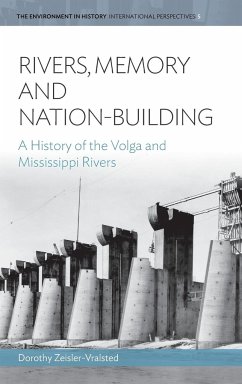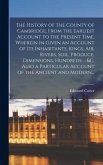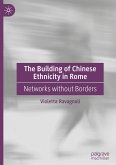Rivers figure prominently in a nation's historical memory, and the Volga and Mississippi have special importance in Russian and American cultures. Beginning in the pre-modern world, both rivers served as critical trade routes connecting cultures in an extensive exchange network, while also sustaining populations through their surrounding wetlands and bottomlands. In modern times, "Mother Volga" and the "Father of Waters" became integral parts of national identity, contributing to a sense of Russian and American exceptionalism. Furthermore, both rivers were drafted into service as the means to modernize the nation-state through hydropower and navigation. Despite being forced into submission for modern-day hydrological regimes, the Volga and Mississippi Rivers persist in the collective memory and continue to offer solace, recreation, and sustenance. Through their histories we derive a more nuanced view of human interaction with the environment, which adds another lens to our understanding of the past.
Hinweis: Dieser Artikel kann nur an eine deutsche Lieferadresse ausgeliefert werden.
Hinweis: Dieser Artikel kann nur an eine deutsche Lieferadresse ausgeliefert werden.








